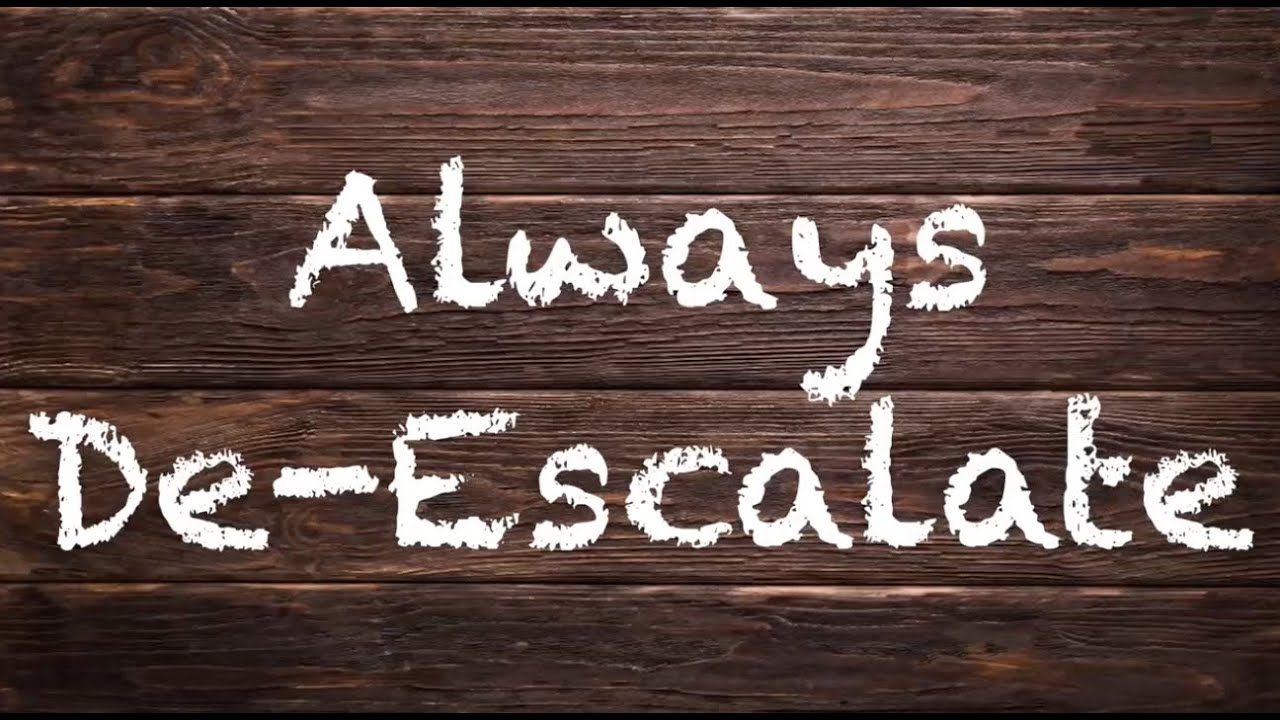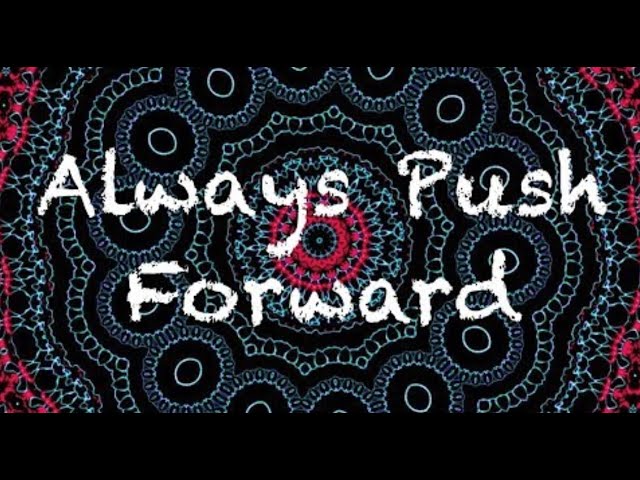Always De-Escalate

The Importance of De-Escalating Conflict
Main Ideas
- 🤝 Escalating conflicts often stem from insecurity and the desire to prove dominance, especially among young men.
-💥 Escalation, once a norm among youth, can lead to serious consequences in adulthood, including legal troubles and resource loss. - 🧠 Mature individuals prioritize de-escalation in conflicts, recognizing the risks and unpredictability of escalation.
- 🚫 Pride often drives individuals to escalate conflicts unnecessarily, leading to regrettable outcomes and missed opportunities.
- 💪 Real masculinity involves emotional control and the ability to walk away from confrontations, sacrificing pride for long-term benefit.
- 🤔 Testing limits and asserting dominance are common male instincts, but discerning when to de-escalate is crucial for personal growth and safety.
- 🎯 De-escalation strategies include apologizing, introducing oneself, and diffusing tension to avoid unnecessary conflicts.
- ⚖️ Acknowledging the role of luck and unpredictability in conflicts underscores the importance of prioritizing de-escalation for overall well-being and success.
The Dangers of Escalation
Have you ever witnessed a situation where two groups of people escalate a minor encounter into a full-blown brawl? This type of scenario is all too common, especially among young men who are trying to establish their masculinity. However, as we mature, it becomes crucial to recognize the dangers of escalating conflicts.
Insecurity and Aggression
Many young men feel insecure about their identity and resort to aggression as a means of proving themselves. This behavior often manifests in unnecessary confrontations over trivial matters. While it might be understandable during adolescence, it becomes problematic as we enter adulthood.
The Transition to Adulthood
As we grow older, the situations in which conflicts arise change. Legal disputes and complex disagreements become more common, and the stakes are much higher. Engaging in unnecessary conflicts can have severe consequences, such as financial loss, wasted time, and damaged relationships.
The Importance of De-Escalation
When faced with a potential conflict, it is crucial to prioritize de-escalation. This means finding ways to minimize tension and diffuse the situation, even when dealing with individuals we dislike or consider enemies. De-escalation allows for better decision-making and reduces the likelihood of negative long-term outcomes.
The Role of Pride
Pride often plays a significant role in fueling conflicts. Allowing pride to dictate our actions can lead to poor decision-making and unnecessary confrontations. It is essential to learn to control this powerful emotion and recognize when sacrificing pride is the smarter choice.
Controlling Emotions
A real man is not ruled by his emotions but instead learns to control them. This includes managing insecurities and pride. When faced with a provocation, it is crucial to assess whether engaging in a conflict is truly worth it or if it is wiser to walk away.
Testing Our Limits
It is natural for men to want to push their limits and test their capabilities. However, this desire can lead to unnecessary conflicts. Recognizing the difference between healthy self-discovery and potentially harmful situations is essential. Sometimes, stepping back and avoiding a confrontation is the smarter choice.
The Power of Apology
One effective way of de-escalating a conflict is through a sincere apology. By acknowledging our own mistakes and diffusing tension, we can prevent conflicts from escalating further. Offering an apology shows strength and control, rather than weakness.
Understanding the Role of Luck
It is essential to acknowledge that luck plays a significant role in any conflict. No matter how skilled or confident we are, unpredictable outcomes are always possible. Failing to recognize this fact can lead to catastrophic consequences that can negatively impact our lives.
Choose De-Escalation
In conclusion, choosing de-escalation over unnecessary conflicts is a sign of maturity and wisdom. Controlling our emotions, managing pride, and recognizing the role of luck allows us to navigate conflicts more effectively. By prioritizing de-escalation, we can avoid unnecessary harm and focus on our long-term goals.






